Television told gripping genre tales in Stranger Things and Westworld, demonstrating just how absorbing the medium can be when strong talent crafts its narrative with care and insight, yet both kept their eyes on the past. Stranger Things, for all of its heartfelt characters and spooky scenarios, never broke free from the letter-perfect King-Spielberg homage, while Westworld, despite heightening and deepening themes and ideas, could not hide its obvious basis on Michael Crichton’s classic B picture. It’s amazing that the genre didn’t transform into a pillar of salt with its perpetual nostalgia. And yet studios released features that charted new territory, with stunning results. Director Jeff Nichols turned his eye to science fiction with Midnight Special, about a boy and his father pursued by both government agencies and a religious cult because of the boy’s otherworldly powers. Boasting a strong cast and an assured hand, Midnight Special only falters at its climax, a transcendental moment whose wonder never makes sense. It may be beside the point, as Nichols appears far more interested in the characters than the skiffy material. Midnight Special owed a bit too much to the Spielberg of Close Encounters of the Third Kind and E.T., but it never depended on viewer nostalgia. Stranger still was Yorgos Lanthimos’s The Lobster, a dystopian comedy about a society where people must find a mate or be turned into an animal. Colin Farrell develops a relationship with a woman with whom he shares nothing in common, then falls in love with loner Rachel Weisz, rebellious for her desire to remain single. Understated and brooding, this small, surreal movie depended on atmosphere and absurdity to talk about the challenge of finding satisfying relationships and our fear of being considered outcasts for simply being alone. The Lobster won’t satisfy every cinematic taste, but those willing to brave its stark vision will find much to admire. Denis Villeneuve directed the strongest science fiction movie of 2016 with Arrival, based on Ted Chiang’s classic novella “Story of Your Life.” This bittersweet movie told the story of a linguist (Amy Adams) who must serve as interpreter for aliens who come to earth, only to begin viewing the universe as the aliens do. It’s an odd story to translate to screen, yet Villenueve makes it work with a strong script by screenwriter Eric Heisserer (who finds the perfect balance between hope and tragedy) and a powerful cast that includes Adams, Jeremy Renner, and Forest Whitaker. Add a moving, haunting score by Jóhann Jóhannsson, Arrival proved that science fiction movies do not need to sacrifice characters for ideas. 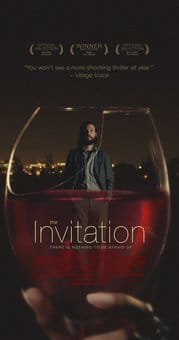 Horror movies saw another very good year in 2016, with movies that stand with the previous year’s The Babodook and It Follows. The Invitation created an air of unease arounds it simple premise (old friends reunite for a dinner party), while Green Room told the relentless, brutal story of a punk-rock band held captive by white supremacists after witnessing a murder. They served as outstanding exercises of terror. Lights Out, meanwhile, created a monster out of shadows, one that literalized our fear of the dark, and Southbound used the anthology format to deliver unusual, macabre tales. Closing out the year were several excellent movies playing at the Other World Austin film festival, including the claustrophobic Capsule, the Israeli romantic comedy OMG, I’m a Robot?!, and the dystopian insurance thriller Stille Reserven. The best movie I saw at this year’s festival was Somnio, writer/director Travis Milloy’s feature about a prisoner who must outsmart an AI in order to escape. This one-man show starring Christopher Soren Kelly at first glance owes some debt to Duncan Jones’s Moon in its Kafkaesque situation, yet it remains its own picture throughout, in no small part due to the honesty of its vision, and stands with Arrival as one of the genre’s best movies. Lastly, the television show Black Mirror found a home on Netflix for its third season, delivering a half dozen harrowing episodes about living in our technological age. It’s most chilling episode was “Shut Up and Dance,” in which a teenage boy must carry out orders delivered by text messages or find all of his secrets leaked by anonymous online trolls, but it also menaced denizens of the future with the threat of falling social media status (“Nosedive”) and internet shaming (“Hated in the Nation”) as well as the veiling of reality via digital overlay (“Men Against Fire” and “Playtest”). But Black Mirror offered hope with “San Junipero,” a virtual-reality haven where love can replace personal pain. It’s a message that we need, especially in a world weary from future shock and awe.
0 Comments
|
Derek Austin Johnson has lived most of his life in the Lone Star State. His work has appeared in The Horror Zine, Rayguns Over Texas!, Horror U.S.A.: Texas, Campfire Macabre, The Dread Machine, and Generation X-ed. His novel The Faith was published by Raven Tale Publishing in 2024.
He lives in Central Texas. Archives
May 2024
Categories |
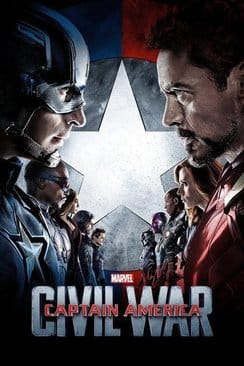
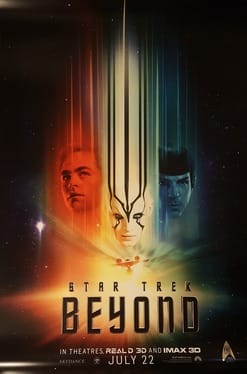
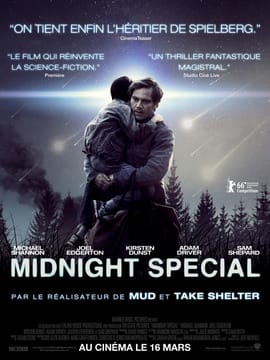
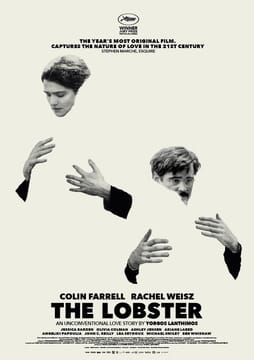

 RSS Feed
RSS Feed